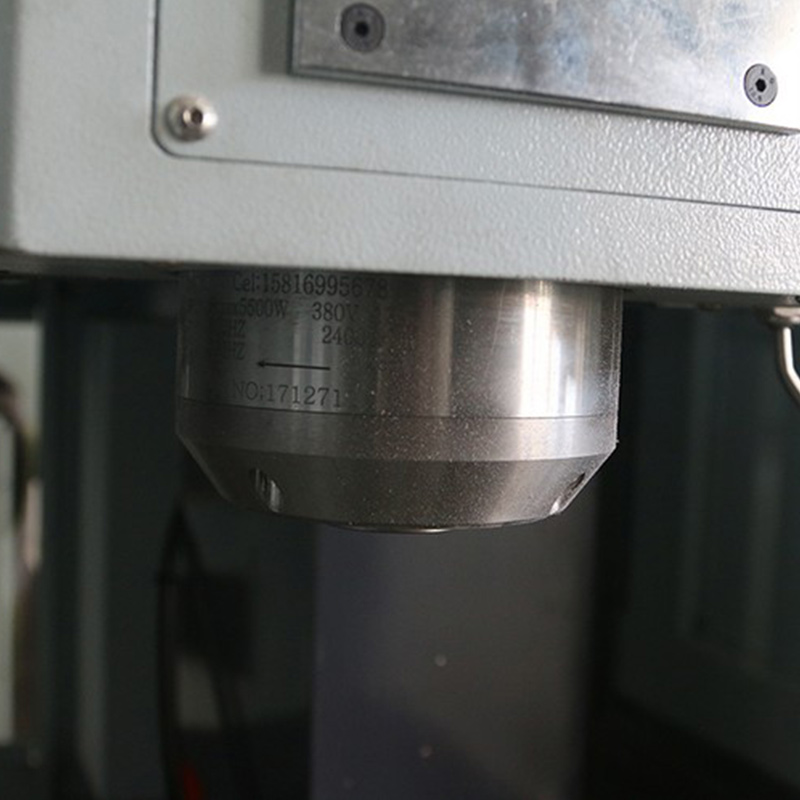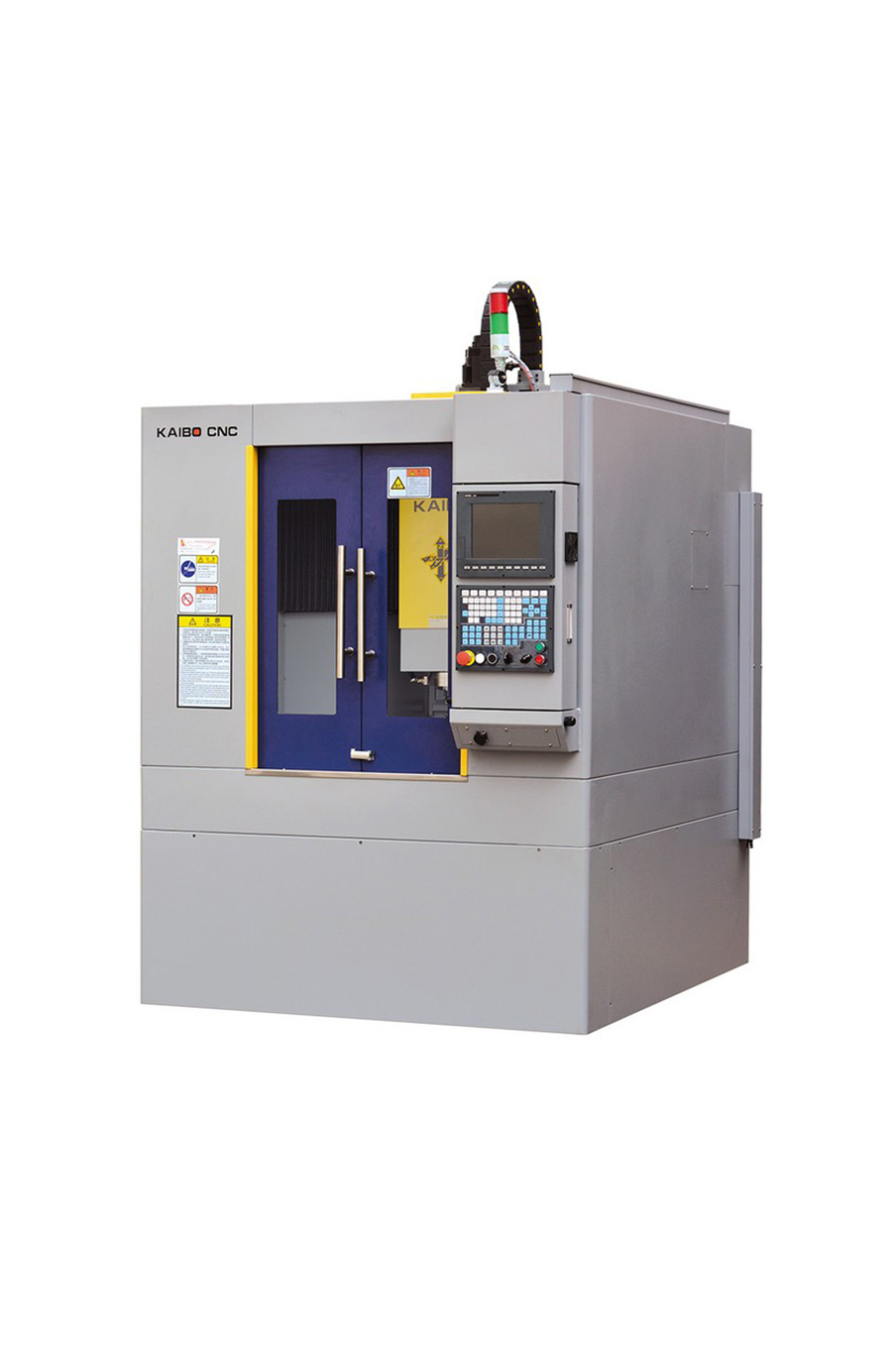
In the highly competitive iron mold processing industry, equipment stability stands as a critical pillar supporting manufacturing efficiency, precision, and durability of finished products. For global procurement professionals, understanding the impact of machine dynamics on operational costs and customer satisfaction is essential when selecting CNC milling solutions. The DC1113 CNC milling machine exemplifies innovation in structural design and stability, offering compelling value to manufacturers committed to achieving consistent quality and long-term business reliability.
Iron mold processing involves complex, heavy-duty milling tasks that place substantial mechanical stress on equipment. Excessive vibrations, thermal deformation, and component wear often lead to dimensional inaccuracies and costly downtime. This translates directly into lost production time and increased scrap rates. According to industry data, over 60% of production inconsistencies trace back to machine instability or inadequate rigidity.
Traditional milling machines often struggle to maintain structural integrity under continuous operation, resulting in diminished machining precision and accelerated equipment wear. Such limitations compromise the product's surface finish quality and dimensional accuracy, undermining client confidence and repeat orders.
The DC1113 distinguishes itself through a unique combination of a mobile bridge, fixed girder, and fixed worktable configuration. This architecture enhances mechanical rigidity and greatly minimizes vibration during milling operations, key factors that directly enhance machining precision and prolong equipment service life.

The DC1113’s mobile bridge structure allows dynamic movement on a fixed, robust foundation, reducing frame stress and thermal distortion. Coupled with a fixed girder that supports high cutting forces, the machine maintains geometric accuracy consistently over long production runs.
| Performance Aspect | Improvement | Impact on Operations |
|---|---|---|
| Machining Precision | Up to 30% tighter tolerance control | Reduced rework and scrap rates, improving yield |
| Machine Uptime | 15% increase in reliable operational hours | Fewer unexpected stoppages, higher throughput |
| Component Wear and Maintenance Cost | 20% reduction in maintenance intervals | Lower total cost of ownership and extended machine life |
A leading mold manufacturer in Germany integrated the DC1113 into their production line for complex iron mold elements. Within six months, they reported a 25% decrease in product defects and a 12% improvement in overall production efficiency. The enhanced stability of the milling process minimized thermal drift and vibration-induced errors, ensuring consistent output quality.
This technological edge strengthened their client relationships, contributing to a 30% increase in repeat orders for iron mold components. Feedback from the quality control department highlighted longer intervals between machine maintenance, resulting in significant operational savings.

The DC1113’s fixed worktable platform anchors the entire system, delivering a stable base for heavy molds, while its fixed girder absorbs high radial and axial milling forces without flexing. CNC motion accuracy benefits from reduced backlash and minimized spindle vibration. Engineers gain confidence in repeatability, supporting finer finishes and tighter dimensional control.
The machine’s optimum balance of rigidity and controlled mobility decreases cutting tool wear rates by approximately 18%, further contributing to lower operational costs. In combination, these benefits foster better resource allocation toward innovation and customer engagement rather than troubleshooting.
Choosing equipment with proven structural stability is a definitive strategy to secure competitive advantage and drive business growth in iron mold processing.
For procurement professionals and plant managers prioritizing precision, reliability, and sustained productivity, the DC1113 CNC milling machine offers a future-proof investment tailored to meet the most stringent industry standards.











